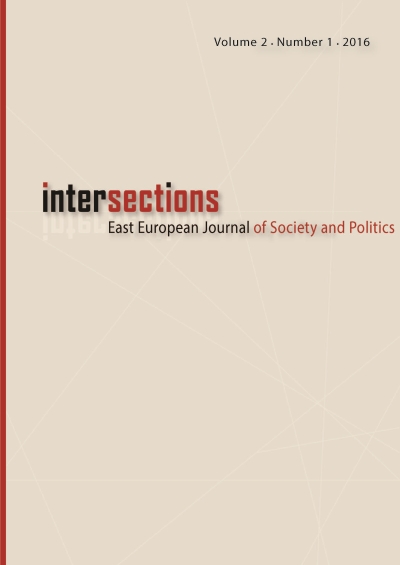Informality and the Invisibility of Roma Political Participation
Informality and the Invisibility of Roma Political Participation
Author(s): Júlia SzalaiSubject(s): Social Sciences
Published by: MTA Társadalomtudományi Kutatóközpont Kisebbsegkutató Intézet
Keywords: political participation; informality; minority rights
Summary/Abstract: The past decades have been characterised by a puzzling dilemma of the politics of the ‘Roma issue’ in European societies and also on the international level. On the one hand, due to the intense work of a range of influential international organisations of Roma representation and the enduring efforts of a group of dedicated politicians acting on the European level, the case of Roma has become thematised in political terms and as such, it has been drawn into the arena of governmental and inter-governmental politics and policy-making. As a peak of such efforts, the formulation of a national strategy on Roma inclusion has been made a task for all member states of the European Union and this way it has been successfully elevated to the existing mechanisms of monitoring and reviewing as parts of the Europe-wide applied open method of coordination in outlining developmental plans and policies. On the other hand, domestic statistics and research signal the lack of any improvement in the situation of Roma: occurrences of discrimination and segregation have not diminished, poverty and the extreme inequalities hitting Roma in education, work and the daily conditions of living have not been decreased, and the tendencies of exclusion have become stronger in a wide range of local communities all across. In an indirect way, these latter developments indicate the weakness and marginal state of Roma politics in attaining any breakthrough in the structures of power. A closer look at the conditions in a broader scope of political participation reveals how informality in articulating needs and claims weakens the potency of the minority in influencing decision-making about their cause, while the very same relations properly fit into their experiences of daily living. An overview of the conditions and prevailing relations in education and work in marginalised Roma communities will serve to demonstrate the congruence of informalisation between the daily realities and their political representation.
Journal: Intersections. East European Journal of Society and Politics
- Issue Year: 2/2016
- Issue No: 1
- Page Range: 159-182
- Page Count: 24
- Language: English

